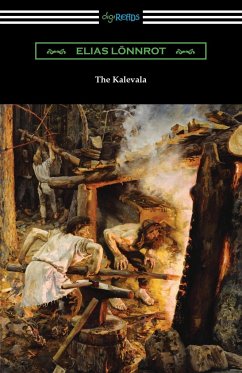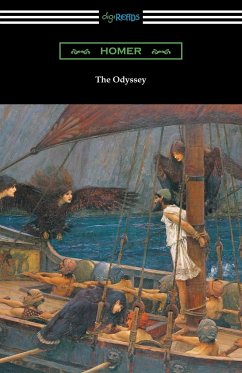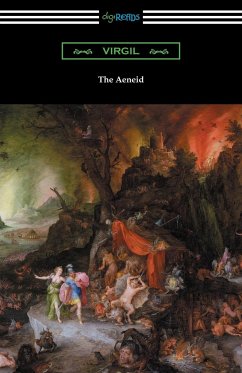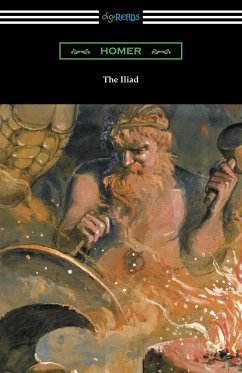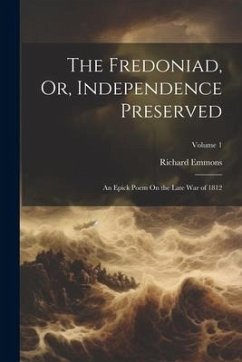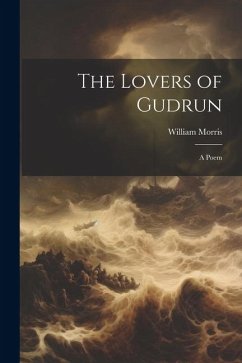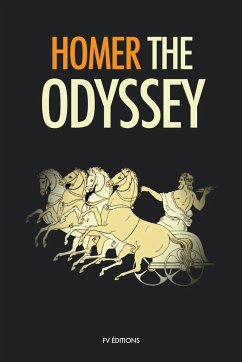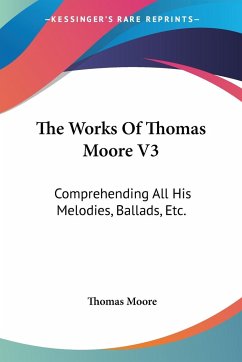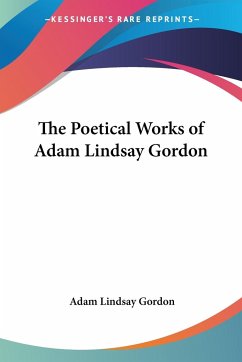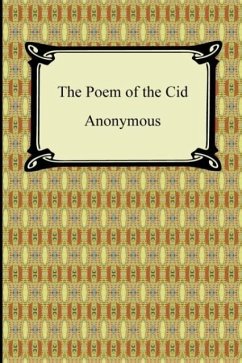
The Poem of the Cid
Versandkostenfrei!
Versandfertig in 1-2 Wochen
11,99 €
inkl. MwSt.

PAYBACK Punkte
6 °P sammeln!
"El Poema de Mio Cid", or "The Poem of the Cid", is the oldest preserved Spanish epic poem, thought to date to before the thirteenth century. The author of the poem is unknown, and there is some debate as to whether it can be attributed to one or many individuals. The story probably began as an oral tradition passed down by generation, recounting the exploits of an exiled soldier during the Spanish Reconquista who regained his honor in battle against the Moorish armies and in conquest of Valencia. The realist tone of the story is unusual for European medieval tales, but lends to an excellent d...
"El Poema de Mio Cid", or "The Poem of the Cid", is the oldest preserved Spanish epic poem, thought to date to before the thirteenth century. The author of the poem is unknown, and there is some debate as to whether it can be attributed to one or many individuals. The story probably began as an oral tradition passed down by generation, recounting the exploits of an exiled soldier during the Spanish Reconquista who regained his honor in battle against the Moorish armies and in conquest of Valencia. The realist tone of the story is unusual for European medieval tales, but lends to an excellent depiction of the politics and conflict between the Moors, Jews and Spanish Christians of the 11th century. "The Poem of the Cid" has been a beloved work of Spanish literature for centuries, and its timeless themes of national and religious identity, honor, and personal gallantry make it a popular classic today.



